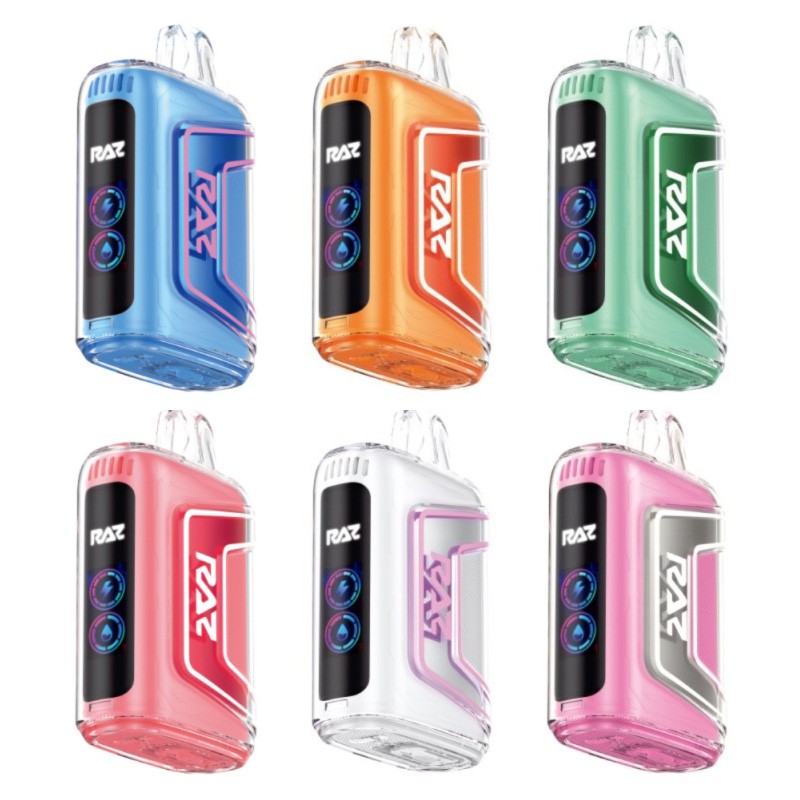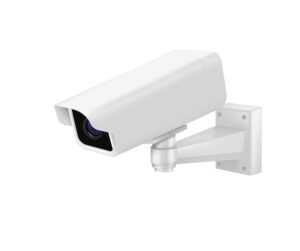Skincare Myths Debunked: What Your Dermatologist Wants You to Know
In the era of social media and influencer culture, skincare advice is more accessible than ever. Unfortunately, not all of it is accurate. Misinformation can lead to poor skincare habits, wasted money, and even damage to your skin. Dermatologists like Dr. Stephen Bou-Abbse stress the importance of relying on scientifically backed information for optimal skincare. In this blog, we’ll debunk common skincare myths and provide evidence-based advice to help you develop a healthy, effective skincare routine.
1. Myth: Drinking More Water Alone Gives You Perfect Skin
While staying hydrated benefits your overall health, drinking water alone won’t magically clear your skin or eliminate dryness. Hydration is just one factor in skin health. Proper moisturization, the right skincare products, and protecting your skin from environmental stressors are also essential.
Dr. Stephen Bou-Abbse explains that water supports bodily functions, but it’s not a substitute for topical hydration. A good moisturizer helps retain water in the skin barrier, making it essential to use products designed for your skin type.
2. Myth: Natural Ingredients Are Always Better for Your Skin
Although “natural” and “organic” products sound appealing, not every natural ingredient is suitable for all skin types. Some plant-based oils, like coconut oil, can clog pores and trigger acne in individuals with oily skin. Additionally, essential oils can cause irritation or allergic reactions.
Dr. Bou-Abbse advises using products formulated by dermatologists rather than relying solely on natural remedies. Clinical skincare products are tested for safety and efficacy, offering more consistent results than DIY treatments.
3. Myth: You Don’t Need Sunscreen on Cloudy Days or Indoors
A common misconception is that sunscreen is only necessary on sunny days or during outdoor activities. In reality, up to 80% of UV rays penetrate through clouds, and UVA rays—responsible for skin aging—can pass through windows.
Dr. Stephen Bou-Abbse emphasizes the importance of wearing broad-spectrum sunscreen with SPF 30 or higher every day, regardless of the weather or your location. Sunscreen should be part of your daily routine to prevent premature aging, hyperpigmentation, and skin cancer.
4. Myth: Acne Is Just a Teen Problem
Many people believe that acne only affects teenagers, but adult acne is common. Hormonal changes, stress, diet, and skincare habits can all trigger breakouts in adults. In fact, adult women are particularly prone to acne due to fluctuating hormone levels during their menstrual cycles or pregnancy.
Instead of relying on over-the-counter solutions alone, Dr. Bou-Abbse recommends consulting a dermatologist if acne persists or worsens. Professional treatments like retinoids, chemical peels, or oral medications may be necessary to control breakouts effectively.
5. Myth: Expensive Skincare Products Are Always Better
High-end skincare products often promise transformative results, but price does not always equal effectiveness. Many affordable products contain the same active ingredients as luxury brands. The key is to focus on the ingredient list and whether the product addresses your specific skin concerns.
Dermatologists like Dr. Stephen Bou-Abbse often recommend affordable, dermatologist-approved brands over trendy, expensive products. Consistency and suitability to your skin type matter more than the product’s price tag.
6. Myth: Oily Skin Doesn’t Need Moisturizer
It’s a common belief that using moisturizers will make oily skin worse, but skipping moisturization can cause more harm than good. When the skin is deprived of moisture, it can overcompensate by producing even more oil, leading to clogged pores and breakouts.
For oily or acne-prone skin, Dr. Bou-Abbse recommends using lightweight, non-comedogenic moisturizers that hydrate without clogging pores. Look for formulations with ingredients like hyaluronic acid or glycerin to maintain balance.
7. Myth: Scrubbing Your Skin Harder Clears Acne
Exfoliation can be helpful for removing dead skin cells, but over-exfoliating or scrubbing too harshly can irritate the skin, worsen acne, and damage the skin barrier. Scrubs with rough particles, such as apricot kernels, can create microtears in the skin, leading to inflammation.
Dr. Bou-Abbse advises using chemical exfoliants with mild acids like salicylic acid or glycolic acid instead of physical scrubs. Chemical exfoliants penetrate pores to reduce acne while being gentler on the skin. Use exfoliants 2-3 times a week, depending on your skin type and sensitivity.
8. Myth: Popping Pimples Makes Them Heal Faster
While it’s tempting to pop a pimple, doing so can introduce bacteria, cause scarring, and prolong the healing process. Squeezing pimples may push bacteria deeper into the skin, leading to more inflammation.
If you have stubborn pimples, Dr. Bou-Abbse suggests using spot treatments with benzoyl peroxide or consulting a dermatologist for professional extraction. Resist the urge to pick at your skin to avoid unnecessary scars and hyperpigmentation.
9. Myth: Anti-Aging Products Are Only for Older People
Many people assume that anti-aging skincare is only necessary after wrinkles appear, but dermatologists recommend starting preventive care in your 20s or 30s. Products with retinoids, peptides, and antioxidants help reduce signs of aging by stimulating collagen production and protecting the skin from free radical damage.
Dr. Bou-Abbse suggests incorporating anti-aging products like vitamin C serums or retinol early to maintain healthy, youthful skin. Prevention is more effective than correction when it comes to fine lines and wrinkles.
10. Myth: Skin Can “Breathe” and Needs Product-Free Days
Your skin doesn’t “breathe” the way your lungs do. It functions as a protective barrier, and skincare products are designed to support, not suffocate, it. While occasional product-free days can allow your skin to rest from active ingredients, taking extended breaks from skincare may disrupt your routine and worsen conditions like acne or dryness.
Dr. Bou-Abbse advises sticking to a simple, consistent skincare routine tailored to your skin type. If your products are well-suited to your needs, there’s no reason to avoid them daily.
11. Myth: Tanning Beds Are Safer Than Sun Exposure
Tanning beds emit concentrated UVA and UVB rays, significantly increasing the risk of skin cancer. In fact, research shows that indoor tanning is linked to a higher incidence of melanoma, the deadliest form of skin cancer.
Dr. Bou-Abbse stresses that there is no such thing as a “safe tan.” For a sun-kissed look, opt for self-tanning products or bronzers that offer a glow without damaging your skin.
12. Myth: You Can Shrink Your Pores
Many products claim to “shrink” pores, but the size of your pores is largely determined by genetics. While you can’t permanently reduce their size, you can make them appear smaller by keeping them clean and unclogged.
Dr. Bou-Abbse recommends using retinoids, salicylic acid, and niacinamide to reduce the appearance of pores over time. Regular exfoliation and cleansing also help keep them from becoming more noticeable.
Conclusion
Misinformation in skincare can lead to ineffective routines and potential harm, so it’s essential to rely on facts from trusted sources. Dermatologists like Dr. Stephen Bou-Abbse are committed to helping patients develop healthy habits based on science rather than trends.
Whether it’s debunking the myth of “breathable” skin or emphasizing the importance of daily sunscreen, following evidence-based advice ensures your skin gets the care it deserves. Schedule regular appointments with your dermatologist, and stay informed to avoid falling for common skincare myths. Your skin will thank you for it! for more content read Freshvoicehub.com.














Post Comment